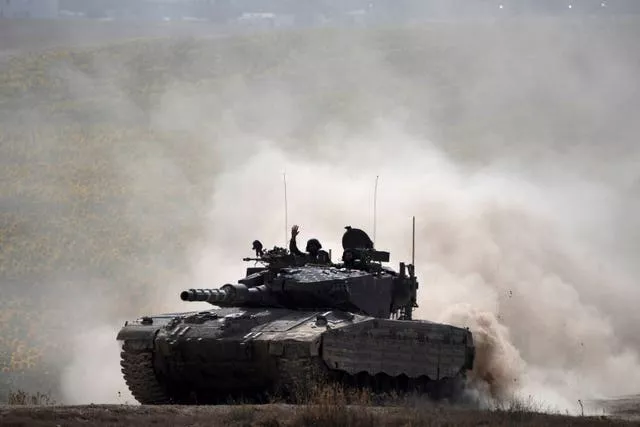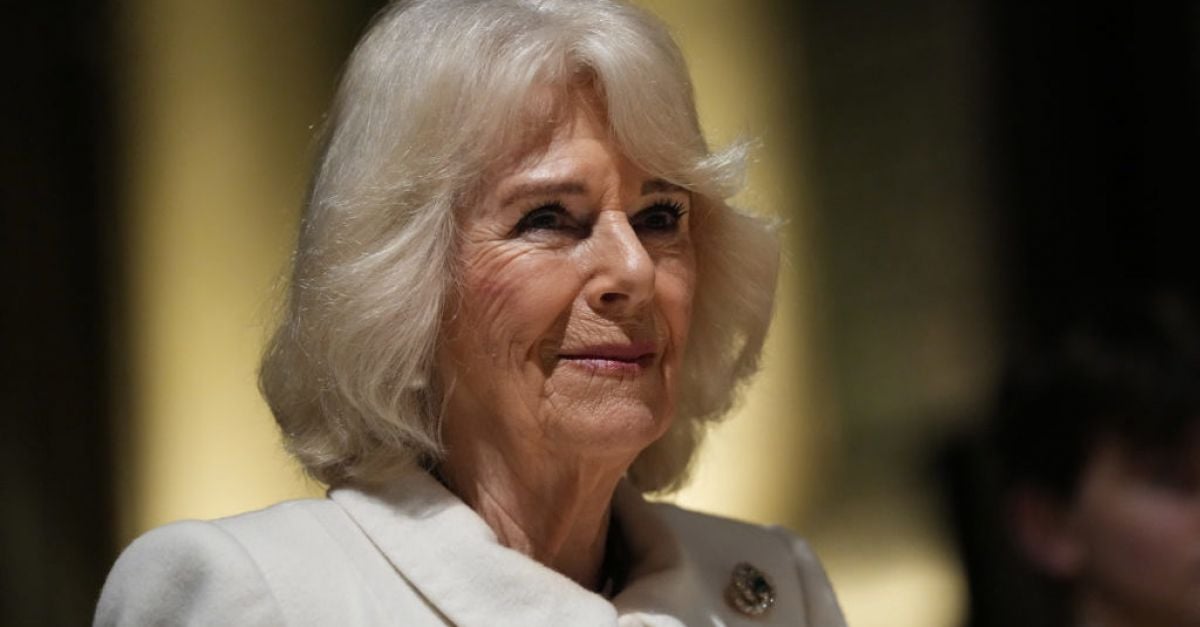Israel’s military said that it has seized control of a strategic corridor that runs along the length of Gaza’s border with Egypt, near the city of Rafah, where Israeli forces have been fighting recently.
The capture of the area, known as the Philadelphi corridor, signals that Israel has deepened its offensive in southern Gaza, even as calls for restraint have rang out surrounding recent civilian deaths.
The move could complicate relations with Egypt, which has complained over Israel’s advance toward its border, including when Israeli forces captured the Rafah border crossing, the only one between Gaza and Egypt.
The corridor is part of a larger demilitarised zone along both sides of the entire Israel-Egypt border.
Under a peace accord, each is allowed to deploy only a tiny number of troops or border guards in the zone.
At the time of the accord, Israeli troops controlled Gaza until Israel withdrew its forces and settlers in 2005.
The narrow corridor — about 100 meters wide in parts — runs the 14km (8.6-mile) length of the Gaza side of the border with Egypt and includes the Rafah crossing into Egypt.
Smuggling tunnels that run between Egypt and the Gaza Strip are known to stretch under the area.
Israel’s military had no further details about the move.

Earlier Wednesday, a top Israeli official said that Israel’s war with Hamas is likely to last through the end of the year — a grim prediction for a conflict already in its eighth month that has killed tens of thousands, deepened Israel’s global isolation and brought the region repeatedly to the brink of a wider conflagration.
National security adviser Tzachi Hanegbi’s remarks were made as Israel was expanding its offensive in the southern Gaza city of Rafah, which has been the scene of intense fighting over recent days that has killed dozens, including displaced Palestinians.
The military said three Israeli soldiers were killed on Tuesday. Israeli media reported they were killed in a blast inside a building.
Mr Hanegbi told Kan public radio that he was “expecting another seven months of fighting” to destroy the military and governing capabilities of Hamas and the smaller Islamic Jihad militant group.
“The army is achieving its objectives but (it) said from the first days it was presenting its plan to the Cabinet that the war will be long,” he said. “They have designated 2024 as a year of war.”
Mr Hanegbi’s remarks raise questions about the future of Gaza and what kind of role Israel will play in it.
Already, top ally the United States has demanded that Prime Minister Benjamin Netanyahu decide on a post-war vision for the Palestinian territory and his defence minister and a top governing partner has warned that he must take steps to ensure that Israel isn’t bogged down in Gaza indefinitely.

The war has already devastated Gaza’s urban landscape, displaced most of the territory’s population and sparked a humanitarian catastrophe and widespread hunger.
It has opened Israel up to international legal scrutiny, with world courts faulting it over its war-time conduct, sparked disagreements with the White House and prompted three European nations to recognise a Palestinian state against Israel’s wishes.
Israel says it must dismantle Hamas’ last remaining battalions in Rafah. It has also said it will seek indefinite security control over the Gaza Strip, even after the war ends.
Israel has yet to achieve its main goals of dismantling Hamas and returning scores of hostages captured in the October 7 attack that triggered the war.
Beyond Rafah, Israeli forces were still battling militants in parts of Gaza that the military said it wrested control of months ago — potential signs of a low-level insurgency that could keep Israeli troops engaged in the territory.
The fighting in Rafah has displaced 1 million people, the United Nations says, and Palestinians on Wednesday reported heavy fighting in different parts of the city.
Most of the people who had been in Rafah had previously been displaced from elsewhere in Gaza.

Residents said fighting was underway in the city centre and on the outskirts of Tel al-Sultan, a north-western neighbourhood where an Israeli strike over the weekend ignited a fire that swept through an encampment for displaced people, killing dozens.
The military says it is investigating the strike and said the blaze may have been caused by a secondary explosion.
An expensive floating pier built by the US to surge aid into the territory was meanwhile taken out of service by bad weather, in another setback to efforts to bring food to starving Palestinians.
Gaza’s land crossings are now entirely controlled by Israel.
Palestinians in Rafah said thousands were still streaming out of the city, joining a mass exodus bound for crowded tent camps and areas devastated by earlier rounds of fighting.
Many have already been displaced multiple times since the start of the war.
Overnight and into Tuesday, Israeli shelling and airstrikes killed at least 37 people, most of them sheltering in tents outside Rafah, according to witnesses and health officials.
The strikes occurred in the same area as the tent camp inferno, which has drawn widespread international outrage.

The Israeli military suggested Sunday’s blaze in the tent camp may have been caused by secondary explosions, possibly from Palestinian militants’ weapons.
Rear Admiral Daniel Hagari, the Israeli military spokesman, said the munitions used — targeting what the army said was a position with two senior Hamas militants — were too small to be the source of the blaze.
The strike or the subsequent fire could also have ignited fuel, cooking gas canisters or other materials in the camp.
The blaze killed 45 Palestinians, according to Gaza health officials.
Mr Netanyahu said the fire was the result of a “tragic mishap”.
The strikes over the past few days have hit areas west of Rafah, where the military had not ordered civilians to evacuate.
Israeli ground troops and tanks have been operating in eastern Rafah, in central parts of the city, and along the Gaza-Egypt border.

The US and other allies of Israel have warned against a full-fledged offensive in Rafah, with the Biden administration saying this would cross a “red line” and refusing to provide offensive arms for such an undertaking.
On Tuesday, US state department spokesman Matthew Miller gave no indication the administration sees Israel as crossing any of the red lines for Rafah, saying the offensive is still on a “far different” scale than assaults on other population centres in Gaza.
Last week, the International Court of Justice ordered Israel to halt its Rafah offensive as part of South Africa’s case accusing Israel of committing genocide against the Palestinians in Gaza, a charge Israel vehemently denies.
A proposed UN Security Council resolution demanding a halt to Rafah fighting was being circulated by Algeria on Tuesday, with plans to potentially bring it to a vote this week.
The US has vetoed multiple Gaza ceasefire resolutions.
The war began when Hamas and other militants burst into southern Israel in a surprise attack on October 7, killing some 1,200 civilians and taking around 250 hostages.
More than 100 hostages were released during a week-long ceasefire in November in exchange for Palestinians imprisoned by Israel.
Israel’s offensive in response to the attack has killed at least 36,096 Palestinians, according to Gaza’s Health Ministry, which does not distinguish between fighters and civilians in its count.
Israel says it has killed 13,000 militants.
Signup bonus from



